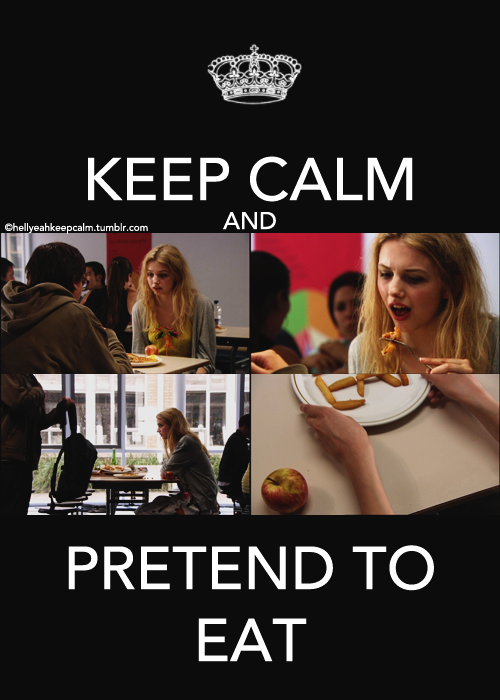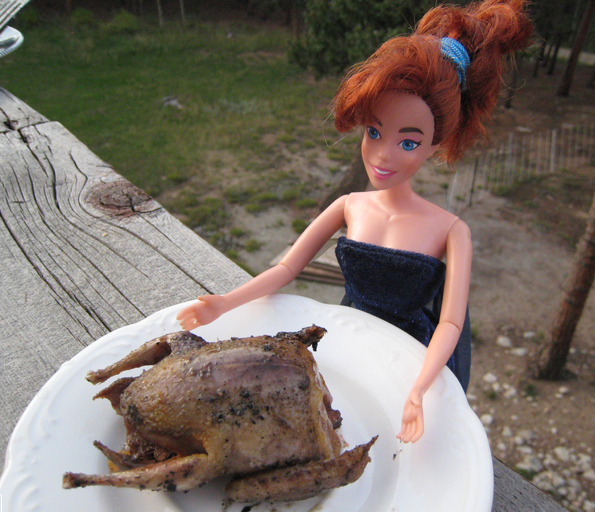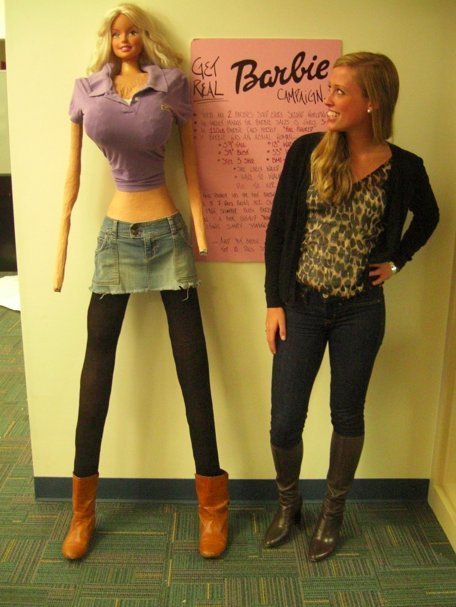
Carolyn Gregoire has an eye-opening report up at Huffington Post on how Tumblr has become the home to a secret obsession of thousands of teenagers who use the microblogging platform for ‘thinspo’–for posting images of super-thin women along with disturbing messages like one I found on Tumblr:
“Summer isn’t far away, YOU BETTER STOP EATING OR NOBODY’S GONNA WANNA SEE YOU IN A SWIMSUIT. ”
Perhaps not surprisingly, a 2011 study found that teenaged girls’ susceptibility to body image and eating disorders positively correlated with the amount of time they spent using social media.
Some of the teens couch their anorexia in terms of a ‘lifestyle choice’–as in “I’m just choosing to life a low-calorie lifestyle.” But eating disorders are nothing of the kind. The deadliest of all mental illnesses, anorexia is more of a deathstyle choice.

To me, the saddest thing about this phenomenon is how the users form community with one another online even as they keep their eating disorder a secret from the people in their lives. It’s such a distortion of how God made people to live: in life-affirming communion with one another and with God, and in harmony with the rest of the creation–which includes eating.
It’s not at all hard to see how too little family time + too much isolated time online could possibly lead to distorted ideas about bodies and eating. Apparently, Tumblr is cracking down on these blogs, but it won’t be long before these poisonous ideas find another platform.
A few thoughts on preventing these support groups from claiming your loved one as a member:
- Make family meals a priority–family meals are really important. Try to make them happen.
- Forbid ‘delete history’–Unsupervised time online is almost never a good idea; forbidding ‘delete history’ is one simple, effective rule.
- Curb your own ‘fat talk.’ Refuse to allow people’s appearance (your own or others’) be a topic of conversation.
- ‘Interrupt’ dangerous messages. Openly critique the unrealistic images of bodies presented in print, online, and on TV.
- Celebrate communion, and not just on Sunday. Talk a lot about food as an edible symbol of God’s sustaining love (or whatever metaphor makes sense to you.)
What are your thoughts? How else can we help young people find and form better communities?











